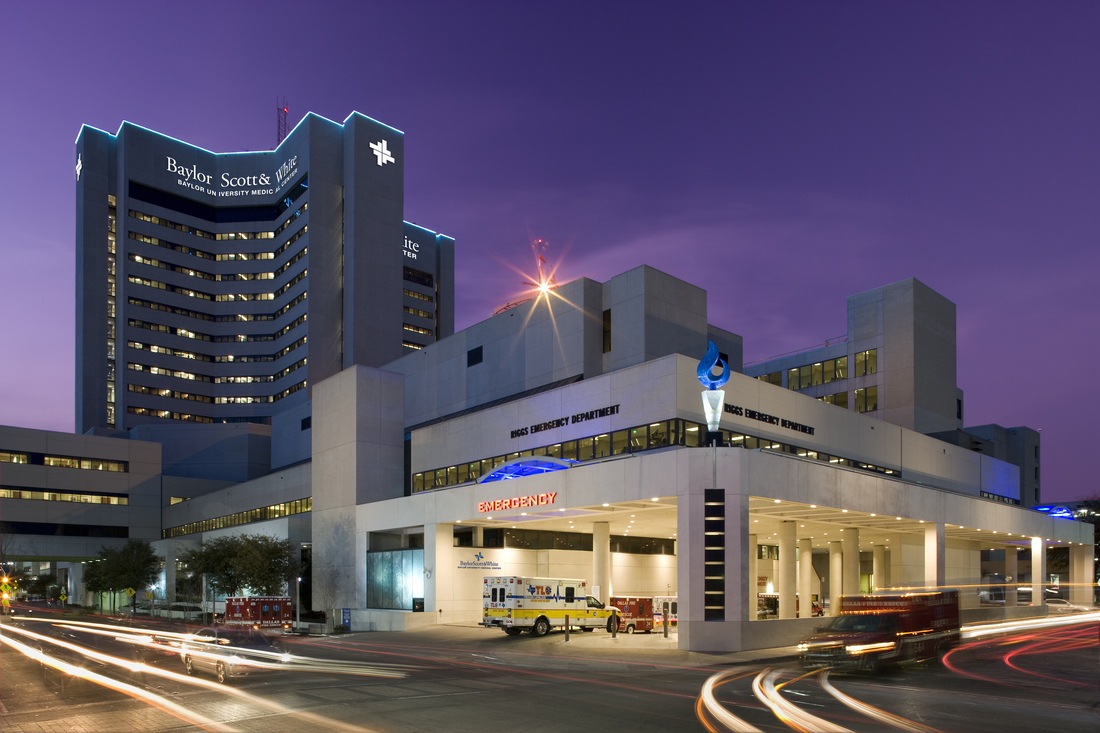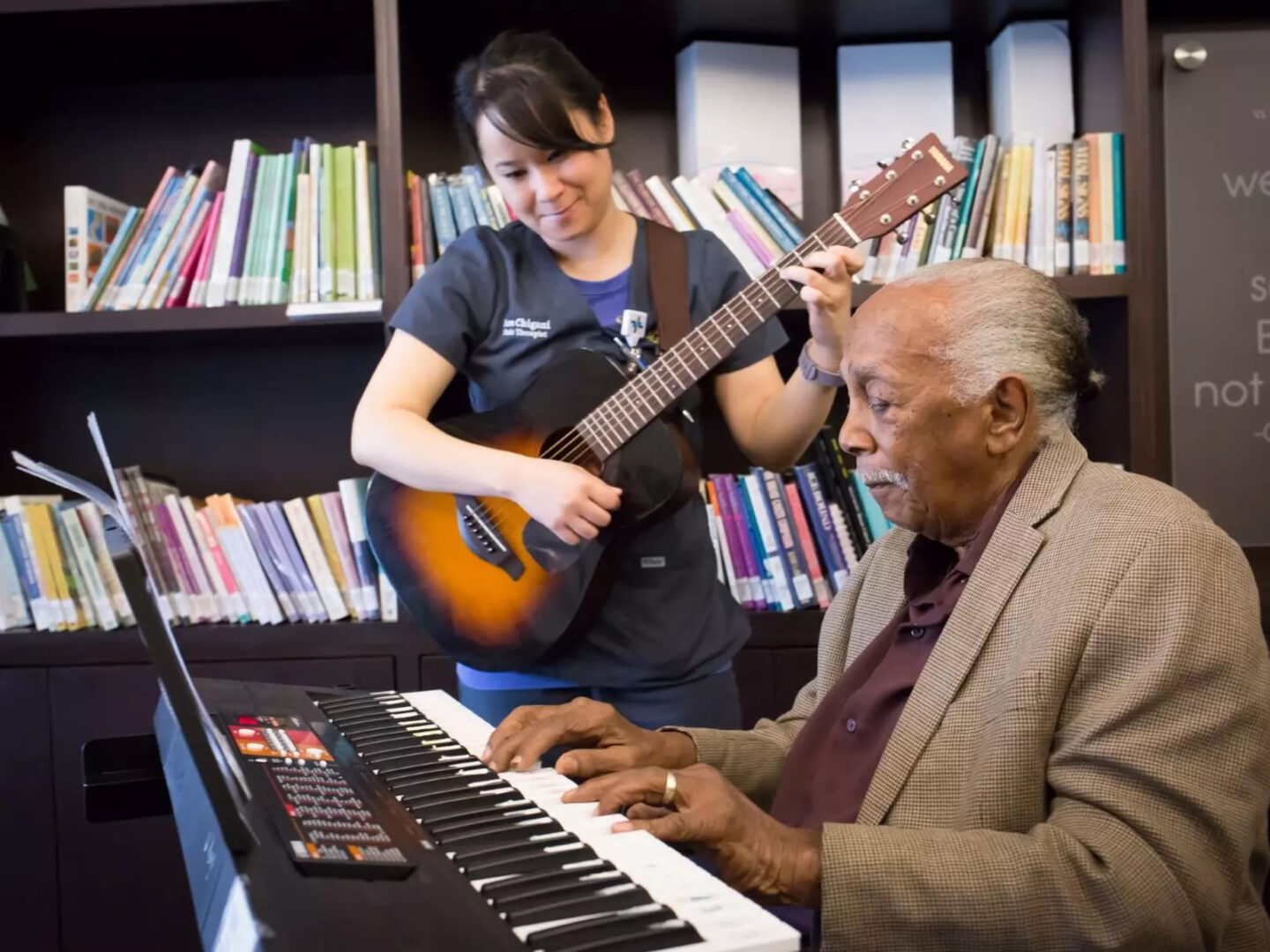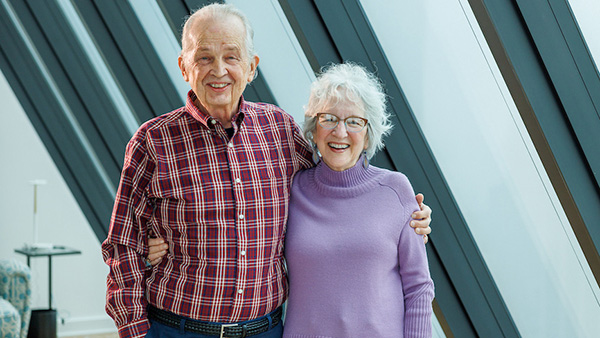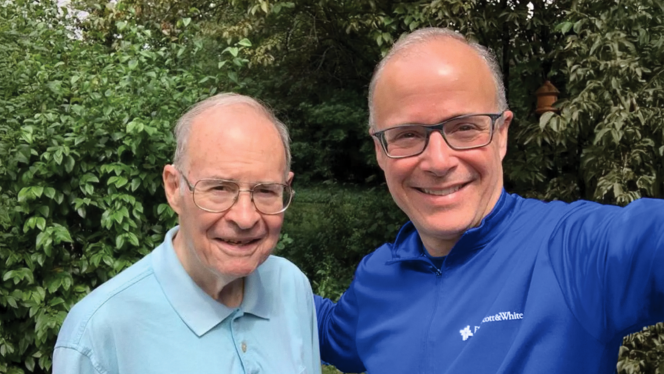Dr. Ronan Kelly authors study released in The New England Journal of Medicine on a global phase III clinical trial at 170 sites including Baylor University Medical Center in Dallas.
The results of a study published in April in The New England Journal of Medicine (NEJM) found that the immunotherapy drug nivolumab (Opdivo®), if used following chemoradiation therapy and surgical tissue removal for early-stage esophageal or gastroesophageal junction cancers,
can significantly prolong disease-free survival and reduce the risk of disease recurrence.
The U.S. Food and Drug Administration granted approval for this use in May.

Ronan Kelly, MD, MBA, medical director of Baylor Scott & White Charles A. Sammons Cancer Center and the W.W. Caruth Jr. Chair of Immunology at Baylor University Medical Center in Dallas, was the lead author of the recently released NEJM article. He and the other researchers urgently want to help the 75% of patients who go through extraordinarily difficult sequences of radiation, chemotherapy and surgery that disfigure the digestive system, only to learn that cancer is still present or has a high likelihood of recurring.
“The war on cancer is continuing while we fight the COVID-19 pandemic. For the first time ever, we now have a therapeutic option in the postoperative setting to improve disease-free survival
for these patients,” said Dr. Kelly, who served as the study’s principal investigator for the last five years.
This breakthrough comes at a time when esophageal and gastric cancers, combined, are the second leading cause of cancer deaths worldwide. The American Cancer Society estimates that in the U.S. there will be 19,260 new esophageal cancer and 26,560 stomach cancer cases diagnosed this year.
“This novel treatment is the first of its kind to harness the body’s own immune system to fight early-stage E/GEJ cancers more effectively, providing patients a chance to prevent disease recurrence,” Dr. Kelly explained. “In this trial, we saw a doubling in median disease-free survival compared to placebo, which suggests that Opdivo could become a new standard of care for these patients. This is exciting news, providing renewed hope.”
The results of this study have led the therapy to become a potential new standard of care for esophageal and gastroesophageal cancers, which are notoriously difficult to treat and have seen limited advances over the last few decades.
This clinical trial is one of many innovative trials at Baylor University Medical Center, offering patients access to potentially exciting treatment options, many of which are looking to turn on a patient’s own cancer fighting cells—their immune cells—to wage a microscopic war on their tumor cells. There are more than 100 active clinical trials enrolling patients with cancer throughout the health system.
For information on how you can support innovative research efforts like this, contact Sarah Burdi at 214.820.4721 or Sarah.Burdi@BSWHealth.org.








